Microplastic throughout Monterey Bay
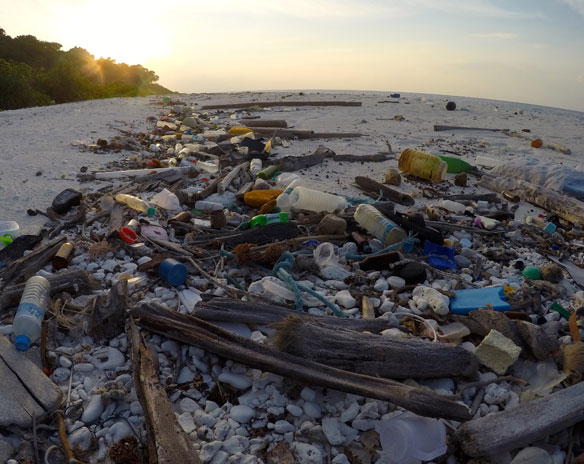
A new study shows that microplastic particles are not only common from the surface to the seafloor, but they’re also being eaten by animals and incorporated into marine food webs. The most abundant types of plastic found in the water samples match those commonly used in consumer products. Most plastic waste comes from land, although it may travel far on ocean currents.
Americans Consume Tens of Thousands of Microplastic Particles Every Year
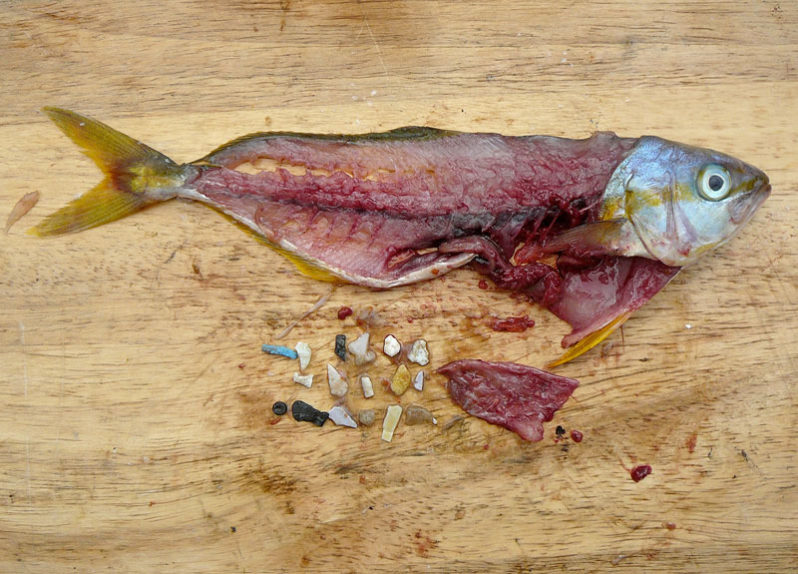
Americans consume more than 70,000 microplastic particles every year from the food they eat, the water they drink, and the air they breathe, according to a new study published in the journal Environmental Science & Technology.
Newborn Hawaii beach is already polluted with tiny pieces of plastic

There’s this romantic idea of the remote tropical beach, clean and pristine. That kind of beach doesn’t exist anymore. Pohoiki adds to the growing body of evidence that plastic is most likely ubiquitous on beaches: even ones that look virgin.
They partied on the beach. And then left 20,000 pounds of trash on it.
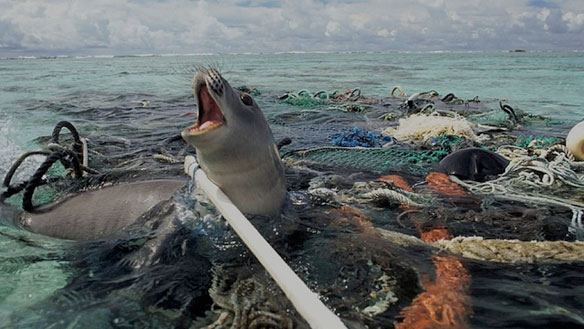
Partygoers attending a “Floatopia” event spent the day drinking and bobbing in the Virginia Beach surf. And then they left behind tons of trash.
Bird chick clip on BBC One’s Drowning in Plastic documentary leaved viewers in tears
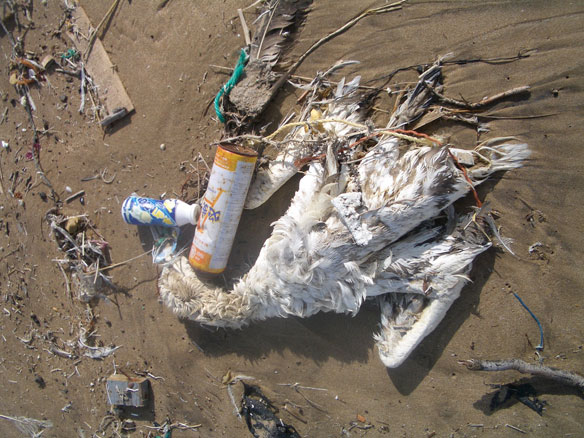
However hard this is to watch, we must face up to it.
Beach cleanups are missing millions of pieces of plastic
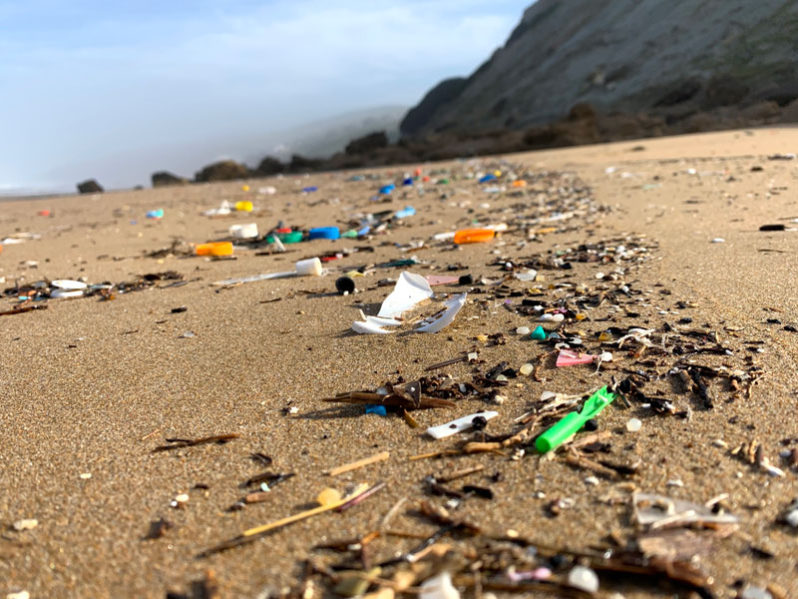
In the last decade, beach cleanups have grown into a global phenomenon, with volunteers gathering at regular intervals for the Sisyphean task of cleaning up plastic trash. Now, a new research suggests that beach cleanups can inadvertently mask the full scale of plastic pollution, much of which lies below the sand’s surface.
Explorer says record-breaking deep dive “opening the door for science”
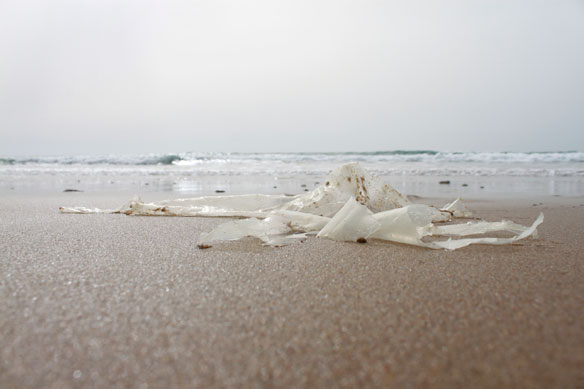
An American diver set a new record for the deepest dive in history last month when he plunged nearly 36,000 feet. Though he was the first to make it to those depths, man’s impact is already present there with plastic scattered among the sea creatures.
Over 180 countries -not including the US– agree to restrict global plastic waste trade
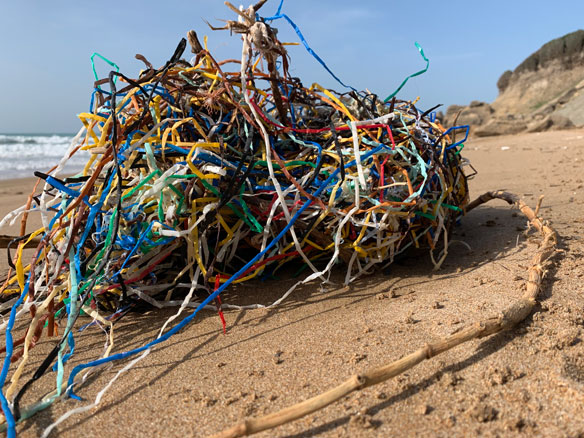
The governments of 187 countries have agreed to control the movement of plastic waste between national borders, in an effort to curb the world’s plastic crisis — but the United States was not among them.
The Toll of Tourism: Can Southeast Asia Save Its Prized Natural Areas?
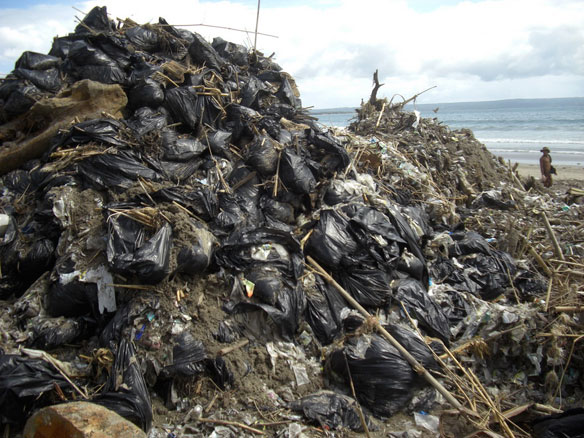
From Thailand to Bali, a huge increase in tourists, many from China and other rapidly developing economies, is straining sensitive ecosystems to the breaking point. Some countries are trying to control the boom, with a few closing popular destinations to allow damaged areas to heal.
